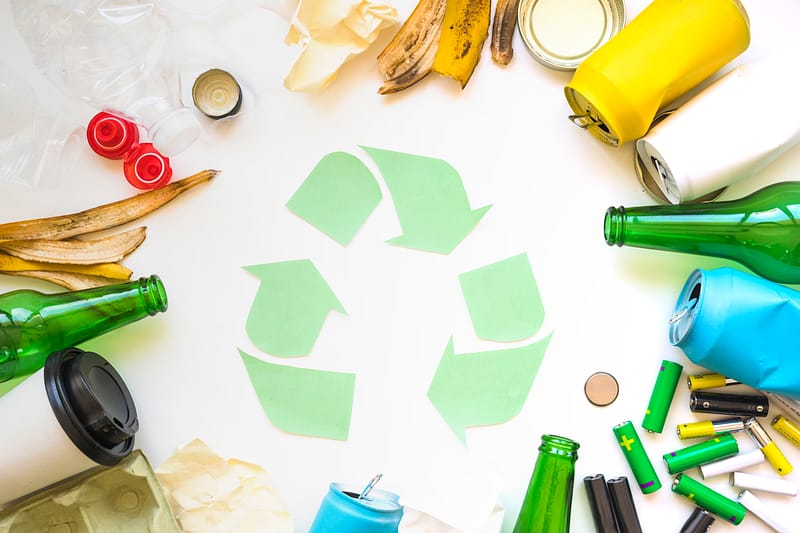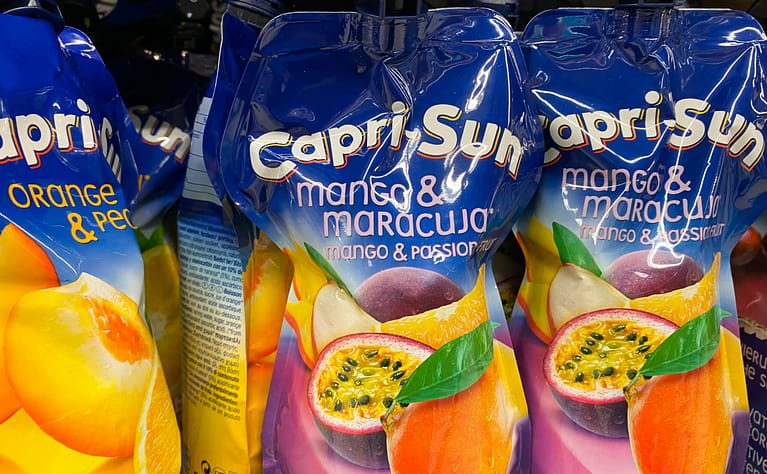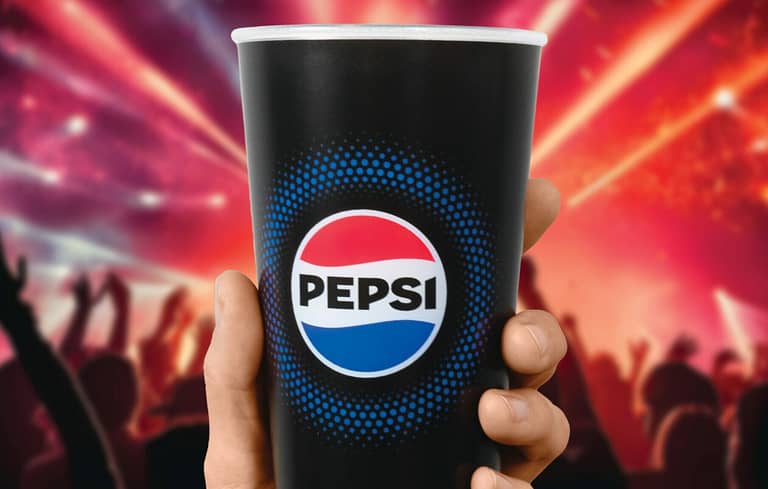Source: Designed by Freepik
Mechanical vs chemical recycling of plastics:
Initiatives such as the ChemCycling project are needed.
Thomas Reiner | 03.12.2019
The mechanical recycling of plastics is currently reaching its limits. Quantitatively, the required capacities are missing. The quality required for the use of recycled materials in the food sector is lacking. While politicians and environmental NGOs are mainly critical and controversial about chemical recycling, companies in the industry are pragmatically looking for valid answers in order to close the cycles.
Politicians and eco-NGOs are currently focusing exclusively on the mechanical recycling of plastics. It is set as a standard because it is already established. However, two important questions remain unanswered. Firstly, how can we completely close the cycles for plastics in light of the lack of capacities? And secondly, how do we manage to produce plastic recyclates for use in the food sector if mechanical recycling is not able to do so?
BASF, Borealis, Südpack and Zott have now presented prototypes of a composite food packaging made from 100 percent chemically recycled polyamide and polyethylene. The multilayer film packaging produced as part of the “ChemCycling” project offers the required barrier functions and, with identical functionality, is ecologically much more advantageous than corresponding packaging made of virgin material. Thanks to the participation of companies that cover the entire value chain, the solution was for the first time certified from raw material to packaging.
This step is important because multilayer material is very difficult or impossible to recycle in mechanical recycling processes. This is a “tragic” disadvantage because composites in particular enable us to significantly reduce the use of materials in packaging and thus save not only raw materials but also CO2 emissions during transport. This makes closing the cycles in the composites as well even more important.
Even if still far from having solved all questions of the chemical recycling of plastics and composites, the initiative of BASF, Borealis, Südpack and Zott can only be welcomed. Because we cannot afford the luxury of waiting for the perfect complete solution. Despite – or precisely because of – all open questions, we must gain experience in all recycling processes.
There is no way to the goal without the first step.




